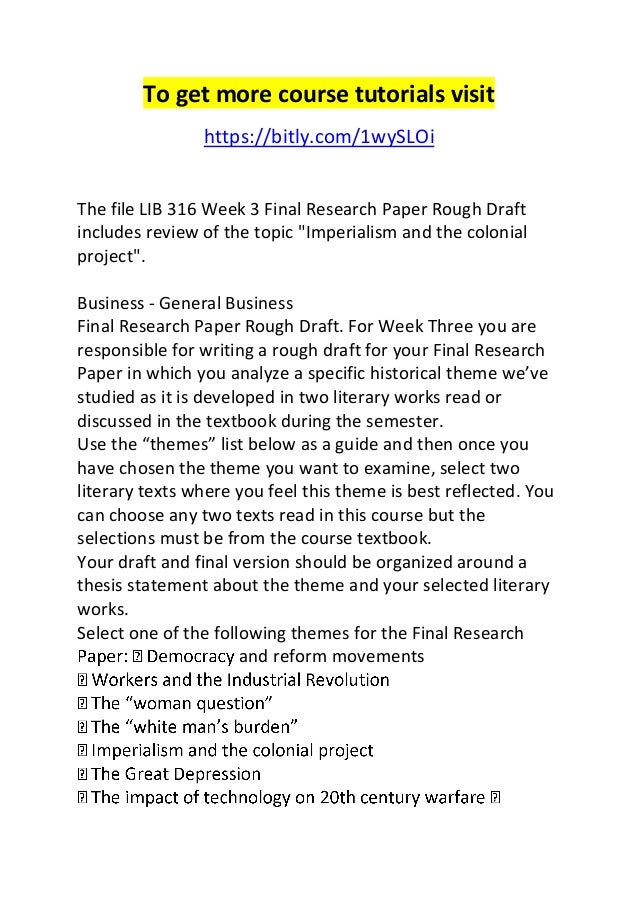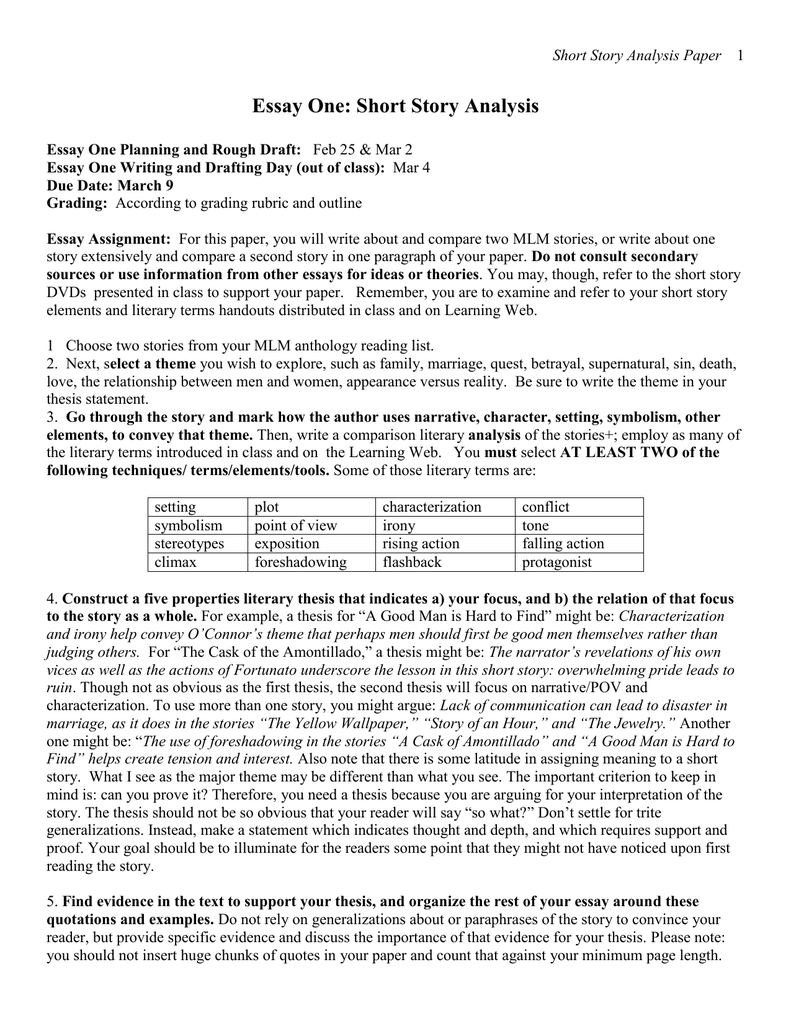
At this stage, you should be concerned with the large issues in the paper, not the commas.

So revision is a chance for you to look critically at what you have written to see: Writing is a process of discovery, and you don’t always produce your best stuff when you first get started. But if you haven’t thought through your ideas, then rephrasing them won’t make any difference. It’s another important final step in polishing your work. Well, that’s a part of revision called editing. How about if I just reword things: look for better words, avoid repetition, etc.? Is that revision? For more information on the subject, see our handout on proofreading. When you finish revising, that’s the time to proofread. It’s an important step before turning your paper in, but if your ideas are predictable, your thesis is weak, and your organization is a mess, then proofreading will just be putting a band-aid on a bullet wound. But I thought revision was just fixing the commas and spelling It is an ongoing process of rethinking the paper: reconsidering your arguments, reviewing your evidence, refining your purpose, reorganizing your presentation, reviving stale prose.

Revision literally means to “see again,” to look at something from a fresh, critical perspective. This handout will motivate you to revise your drafts and give you strategies to revise effectively. William Zinsser What this handout is about

Rewriting is the essence of writing well-where the game is won or lost.


 0 kommentar(er)
0 kommentar(er)
